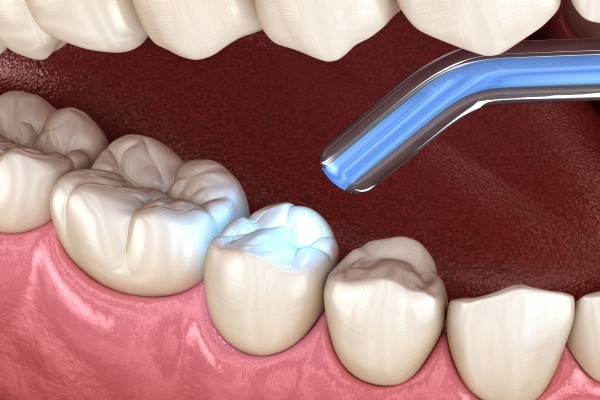What Are Dental Restorations?
Dental restorations are treatments that repair or replace parts of a tooth that have been damaged due to decay (cavities), injury, or wear. The goal is to restore the tooth’s shape, function, and appearance.
There are different types of restorations, including:
- Dental Fillings: Used for small areas of decay.
- Crowns (Caps): A crown covers the entire tooth, protecting it and restoring its shape and strength. It’s often used after large fillings or root canals.
- Inlays and Onlays: Custom-made restorations for larger cavities that are too big for a filling but don’t need a full crown.
- Bridges: Used to replace one or more missing teeth by anchoring to the surrounding teeth.
- Dental Implants Restorations: A permanent solution for missing teeth, implants act like artificial tooth
Why Might You Need a Dental Restoration?
- To treat cavities (tooth decay)
- To repair chipped, cracked, or broken teeth
- To replace missing teeth
- To strengthen worn-down teeth
- To improve your smile’s appearance
Why Are They Important?
- They stop decay from spreading.
- They restore chewing function.
- They prevent further damage to the tooth.
- They improve appearance, especially with tooth-colored materials.
Common Filling Materials Include:
- Composite (tooth-colored)
- Amalgam (silver-colored)
- Gold
- Ceramic
What to Expect During the Procedure
1. Numbing the area with local anesthesia
2. Removing the decayed part of the tooth
3. Cleaning the space
4. Filling the cavity with the chosen material
5. Shaping and polishing the filling for a natural feel
Time: Usually 30–60 minutes
Aftercare: What You Should Know?
- Numbness wears off in a few hours.
- Avoid eating until the numbness fades to prevent biting your tongue or cheek.
- Sensitivity to hot or cold is common for a few days.
- Brush, floss, and rinse as normal.
Taking Care of Your Restoration
- Brush and floss daily.
- Visit your dentist for regular cleanings and check-ups.
- Avoid chewing hard objects (like ice or pens).
- Let your dentist know if you grind your teeth—night guards can help.
When to Call Your Dentist?
- Pain that lasts more than a few days
- Sensitivity that doesn’t go away.
- Your bite feels “off” or uneven.
- The filling feels loose or falls out.
What We Offer?
- Oral Medics Dental Clinic always aim to offer options that meet both your dental needs and personal preferences. During your visit, Oral Medics Dental Clinic will provide a clear treatment plan and explain the available choices so you can make an informed decision.
- Many patients find that restoring a tooth not only improves daily comfort but also helps avoid more extensive treatment later on. Think of it as protecting your health—and your smile—for the future.
Keep Your Smile Healthy.
Regular dental visits and good oral hygiene help prevent future decay and keep your restorations lasting longer.
Brush twice a day | Floss daily | Visit your dentist every 6 months

